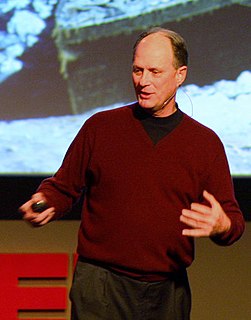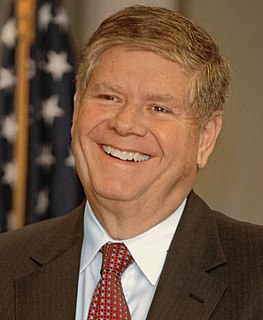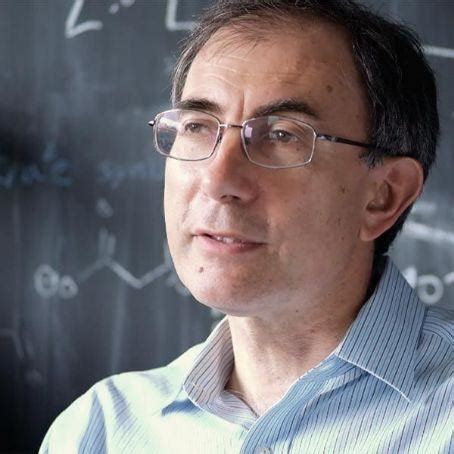A Quote by Joe Rogan
We're constantly re-evaluating the potential for life. We're finding it where we didn't think it could exist, such as volcanic vents and other extreme conditions like under arctic ice. We're finding life in these incredibly harsh and dynamic conditions, so we're having to re-evaluate our own ideas of what's possible on this planet alone.
Related Quotes
The fact that this chain of life existed [at volcanic vents on the seafloor] in the black cold of the deep sea and was utterly independent of sunlight - previously thought to be the font of all Earth's life - has startling ramifications. If life could flourish there, nurtured by a complex chemical process based on geothermal heat, then life could exist under similar conditions on planets far removed from the nurturing light of our parent star, the Sun.
Life would be impossible on such a planet. It wouldn't get enough heat and light, and if it rotated there would be total darkness half of every day. There wouldn't be any native inhabitants. You couldn't expect life - which is fundamentally dependent on light - to develop under such extreme conditions of light deprivation. Half of every axial rotation spent in Darkness! No, nothing could exist under conditions like that.
For humans, the Arctic is a harshly inhospitable place, but the conditions there are precisely what polar bears require to survive - and thrive. 'Harsh' to us is 'home' for them. Take away the ice and snow, increase the temperature by even a little, and the realm that makes their lives possible literally melts away.
I keep wondering if, say, there is intelligent life on other planets, the scientists argue that something like two percent of the other planets have the conditions, the physical conditions, to support life in the way it happened here, did Christ visit each and every planet, go through the same routine, the Agony in the Garden, the Crucifixion, and so on.
I think so much of my life had me growing up under extreme poverty and really challenging conditions, with having the police in my neighborhood and seeing the impact of over-incarceration. Having a father love up on me and remind of who I was, and my strength against those conditions, really shaped why I'm an organizer today.
Confusion conditions activity, which conditions consciousness, which conditions embodied personality, which conditions sensory experiences, which conditions impact, which conditions mood, which conditions craving, which conditions clinging, which conditions becoming, which conditions birth, which conditions aging and death.
On the earth, satellite of a star speeding through space, living things had arisen under the influence of conditions which were part of the planet's history; and as there had been a beginning of life upon it, so, under the influence of other conditions, there would be an end: man, no more significant than other forms of life, had come not as the climax of creation but as a physical reaction to the environment.
Without the suitable conditions life could not exist. But both life and its conditions set forth the operations of inscrutable Power. We know not its origin; we know not its end. And the presumption, if not the degradation, rests with those who place upon the throne of the universe a magnified image of themselves, and make its doings a mere colossal imitation of their own. Wonder was the motive that led people to philosophy ... wonder is a kind of desire in knowledge. It is the cause of delight because it carries with it the hope of discovery.
What we want is another sample of life, which is not on our tree of life at all. All life that we've studied so far on Earth belongs to the same tree. We share genes with mushrooms and oak trees and fish and bacteria that live in volcanic vents and so on that it's all the same life descended from a common origin. What we want is a second tree of life. We want alien life, alien not necessarily in the sense of having come from space, but alien in the sense of belonging to a different tree altogether. That is what we're looking for, "life 2.0."
The question we ask is - if there is life on other planets, should we expect it to be based on the same molecules, i.e. be universal - or should we expect it to depend on the local conditions, i.e. on the planet's geochemistry. So to find out, we try experiments on biomolecules, starting with such geochemistry conditions.
They did laugh; they did fall in love. And while they were under incredibly oppressive conditions, they constantly were trying to steal pleasures. When you go back to the slave narratives, and you read books like the 'Bullwhip Days' or 'Incidents in the Life of the Slave Girl,' they will share what life was like, and it's a 365-degree view.


































